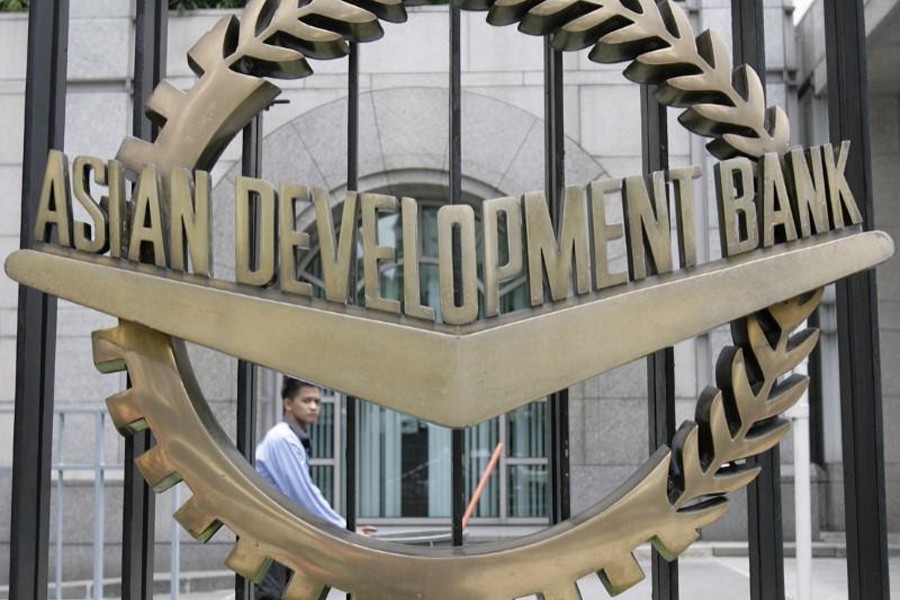The Asian Development Bank (ADB) has identified constraints such as weak legal enforcement in mortgage market, supply-side challenges, inadequate incentives, and rising construction cost that prevent the lower and middle-class from getting access to housing finance.
The Manila-based lender also found the engagement of multiple institutions, gaps in regulatory process and enforcement, high registration costs, poor land availability and high land prices as other barriers.
The ADB cited these factors in a feasibility study on constraints to housing finance access to low-and middle-income households in Bangladesh and submitted it to the government.
The ADB said though Bangladesh's economic growth has accelerated steadily in recent decades and it has urbanised rapidly, access to housing for the low-and middle-income households (LMIH) remains a challenge.
Permanent houses constitute only 19 per cent of dwellings in Bangladesh. Only 7.0 per cent of rural households and 33 per cent of urban households live in permanent houses, the ADB said.
Between 2011 and 2016, households' living under a concrete roof increased only marginally from 10.4 per cent to 11.1 per cent of all households, and despite a low base, the pace of change has thus been slow, it noted.
"However, formal housing supply and housing finance cater primarily to high income segment, with the lower and middle income segment getting completely bypassed," the multilateral lender said.
The ADB study noted formal private sector caters largely to the top-end of housing demand-1,000 square feet and above-and is concentrated on major urban centres like Dhaka and Chittagong.
"Apart from lower and middle income households being seen as risky by housing finance providers, the absence of a vibrant capital market, the lack of refinancing options and caps on exposure limit constrain housing finance access further," it noted.
Due to the limitations in accessing long-term financing, Bangladesh's housing finance access remains under developed at less than 3.0 per cent of GDP (gross domestic product), and smaller than other emerging nations like India (7.77 per cent) Bhutan (11.8 per cent) and Thailand (20 per cent).
The ADB said a concentrated policy push from the government to expand affordable housing is necessary and at the same time can yield positive economic impacts.
It suggested taking a phased approach towards the development of the housing finance sector.
In the first phase, the ADB suggested the creation of a refinancing facility for financial institutions targeting lower and middle-income housing (LMIH).
The second phase should take a sector development approach to improve affordability, planned development, diversification of financing options for financial institutions, and private sector participation in affordable housing.
The ADB in this case proposed providing a sovereign loan and grant-based technical assistance for setting up of a refinancing window for financial institutions targeting LMIH housing.
It also proposed extending a blended financing with longer-term corporate bonds for developing housing finance for lower and middle income segment of people.
The ADB suggested strengthening the legal framework to assist housing finance institutions in a timely loan recovery, setting up of a mortgage finance institution like National Housing Bank of India, and undertaking financial sector reforms to create an active debt capital market.
It also recommended providing incentives through differential provisioning norms, clarifying the role and accountability of public institutions including National Housing Authority, RAJUK, city corporations, and the Bangladesh House Building Finance Corporation.
The ADB also suggested reducing stamp duties and upfront home registration costs, lowering cost of home ownership, rationalising property and vacant land taxation, and formulating a comprehensive affordable housing policy.
A senior official at the ministry of finance told the FE that the study report has been circulated to the stakeholders concerned to get their opinions before it takes any steps for implementing the ADB suggestions.


